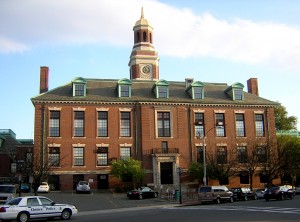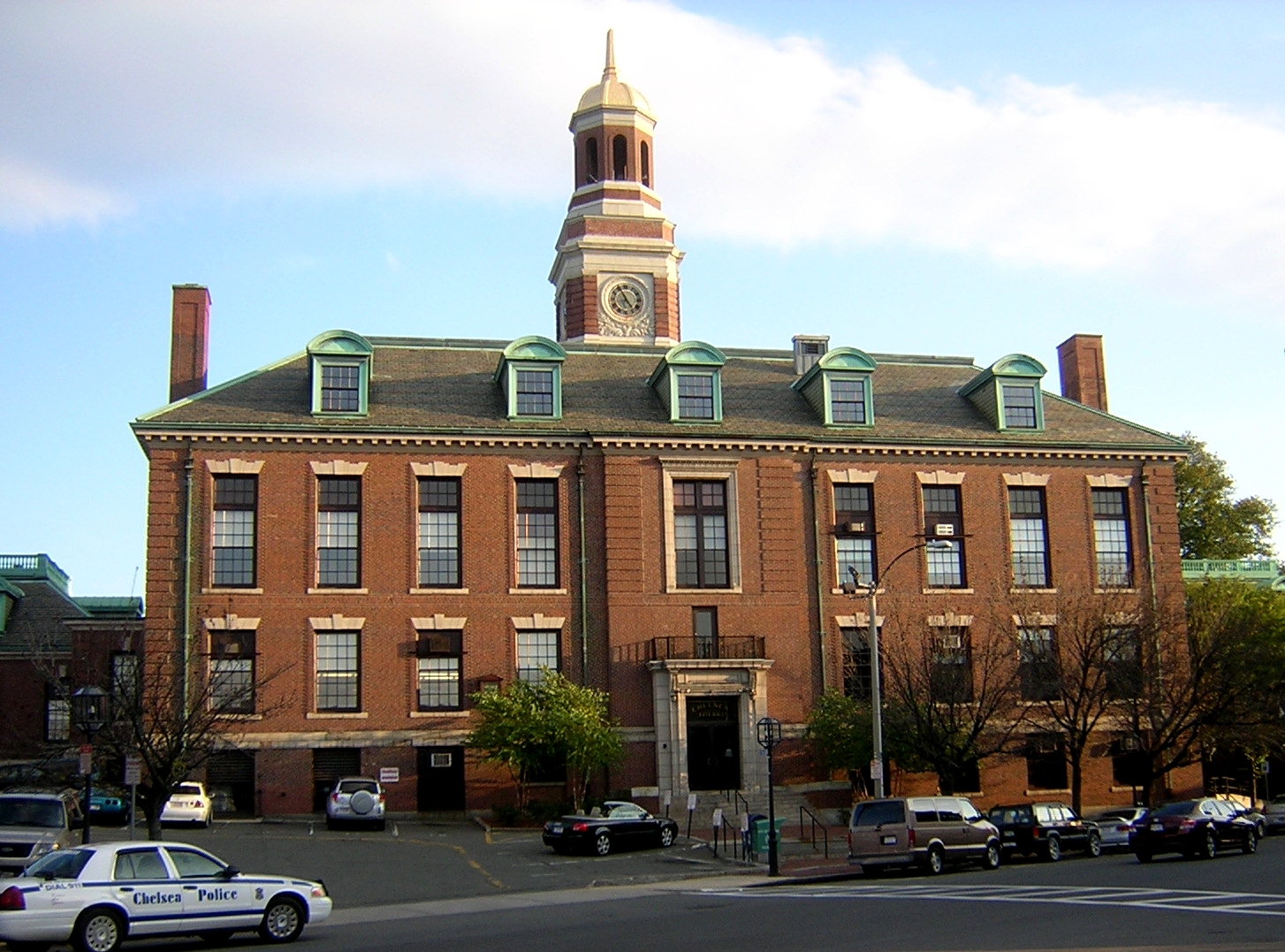 The Providence Journal ran a piece by John Hill on Sunday about Chelsea, Mass., where a post-receivership shift to a city manager system appears to have invigorated democracy in the city. But I believe that Chelsea is an exception rather than the rule; and as the Journal points out, that shift to the city manager model was accompanied by a widespread discussion of needed reforms. To put it simply, the city manager model was probably the least essential part of Chelsea’s reforms. And in other cities, its long history of implementation has been a disaster for democracy.
The Providence Journal ran a piece by John Hill on Sunday about Chelsea, Mass., where a post-receivership shift to a city manager system appears to have invigorated democracy in the city. But I believe that Chelsea is an exception rather than the rule; and as the Journal points out, that shift to the city manager model was accompanied by a widespread discussion of needed reforms. To put it simply, the city manager model was probably the least essential part of Chelsea’s reforms. And in other cities, its long history of implementation has been a disaster for democracy.
According to G. William Domhoff, professor of psychology and sociology at the University of California, Santa Cruz, the city manager model is part of five reforms advocated by a model city charter drafted by the National Municipal League, which formed in 1894. Many of the reforms were largely in reaction to the growing strength of immigrant and working class politics, which favored Democrats and Socialists; as opposed to the staid WASP elites of the Republican Party. The four other reforms are:
- Off-year municipal elections
- Non-partisan elections
- Citywide elections for city council
- Elimination of salary for city council members
Each reform has the effect of limiting participation in politics. For over a century, the terms “good government,” “efficient” and “businesslike” have been applied the National Municipal League’s reforms. For cities looking for technocratic and plutocratic government, these are five methods are surefire ways to achieving it. Off-year municipal elections lower turnout, favoring more conservative candidates.
Non-partisan elections eliminate the handy party tags that accompany a candidate’s name; this has the effect of forcing candidates to spend more money to increase name recognition and policy recognition while at the same time eliminating the shorthand of standing for what the party stands for. Citywide (or at-large) elections likewise increase the costs for prospective candidates. The elimination of salary means that the poor or lower-middle class can effectively not serve in city government; they lack the ability to recover from the loss of income.
If you manage to get all of these together, you’ll have richer members of the city serving on city council. Finally, the city manager favors trained upper middle class candidates; in combination with the other reforms, you’ll have a government almost entirely drawn from the upper echelons of society. Government of, for, and by the people will effectively be eliminated. Or at least the definition of “the people” will have severely changed.
The data for this? Studies in Urban Review by Hajnal and Lewis (2003) and Curtis Wood (2002) confirm earlier studies (such as Karnig and Walter in 1983) that the policies of the National Municipal League depress democracy, rather than expand it. This has been apparent since the 1960s, at least. According to Domhoff, thousands of blue-collar politicians were removed from the roles of government. In an era where the political class is already grossly out of touch with the average person, restricting the ability of the average person to participate in government is not a solution.
There is no doubt that Rhode Island’s entrenched political class has mismanaged the state. This mismanagement is what’s responsible for allowing Central Falls receiver Robert Flanders for being able to suggest eliminating the position of mayor (RI Future’s editor-in-chief Bob Plain has an excellent take on it); and why the Journal (obviously an advocate of such “reform” ideas) has run their article about Chelsea, Mass. Indeed, this mismanagement is the only way by which such “reform” advocates could get their way. But the solution to mismanagement by a political elite isn’t to remove political power away from the people. This will further entrench politics in the hands of the few.
American democracy is supposed to be the realm of the happy amateur. Our founders were often elites; but many of them were also ministers and schoolteachers; people who had no experience in political matters. Later politicians rose from humble beginnings to run our nation. To hand over power to an expensive political class is an affront to the ideal of meritocracy. Elite, administrative, authoritarian democracy is not a solution to Rhode Island’s woes. If you truly believe that voter apathy is a problem, then the managerial model is not your answer.
Our lessons from Chelsea should not be to implement the managerial model of government. It should be to go into underrepresented communities and the rest of the city and have people rewrite their form of government to address the issues important to them. Give people the ability to be part of their government, and they will hold it accountable. Remove them from it, and expect more trouble.

